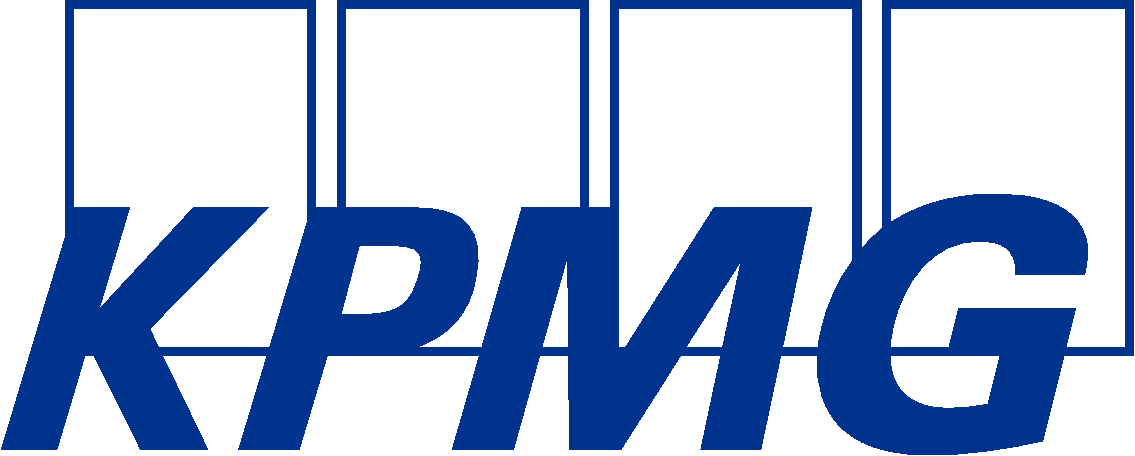
Report of the Statutory Auditor
Report on the Audit of the Remuneration Report
Opinion
We have audited the Remuneration Report of Cicor Technologies Ltd. (the Company) for the year ended 31 December 2022. The audit was limited to the information on remuneration, loans and advances pursuant to Art. 14–16 of the Ordinance against Excessive Remuneration in Listed Companies Limited by Shares (Verordnung gegen übermässige Vergütungen bei börsenkotierten Aktiengesellschaften, VegüV) in sections 4 and 5 of the Remuneration Report.
In our opinion, the information on remuneration, loans and advances in the attached Remuneration Report complies with Swiss law and Art. 14-16 VegüV.
Basis for Opinion
We conducted our audit in accordance with Swiss law and Swiss Standards on Auditing (SA-CH). Our responsibilities under those provisions and standards are further described in the “Auditor’s Responsibilities for the Audit of the Remuneration Report” section of our report. We are independent of the Company in accordance with the provisions of Swiss law and the requirements of the Swiss audit profession, and we have fulfilled our other ethical responsibilities in accordance with these requirements.
We believe that the audit evidence we have obtained is sufficient and appropriate to provide a basis for our opinion.
Other Information
The Board of Directors is responsible for the other information. The other information comprises the information included in the annual report, but does not include the sections 4 and 5 of the Remuneration Report, the consolidated financial statements, the stand-alone financial statements and our auditor’s reports thereon.
Our opinion on the Remuneration Report does not cover the other information and we do not express any form of assurance conclusion thereon.
In connection with our audit of the Remuneration Report, our responsibility is to read the other information and, in doing so, consider whether the other information is materially inconsistent with the audited financial information in the Remuneration Report or our knowledge obtained in the audit or otherwise appears to be materially misstated.
If, based on the work we have performed, we conclude that there is a material misstatement of this other information, we are required to report that fact. We have nothing to report in this regard.
Board of Directors' Responsibilities for the Remuneration Report
The Board of Directors is responsible for the preparation of a Remuneration Report in accordance with the provisions of Swiss law and the Company's articles of incorporation, and for such internal control as the Board of Directors determines is necessary to enable the preparation of a Remuneration Report that is free from material misstatement, whether due to fraud or error. The Board of Directors is also responsible for designing the remuneration system and defining individual remuneration packages.
Auditor’s Responsibilities for the Audit of the Remuneration Report
Our objectives are to obtain reasonable assurance about whether the information on remuneration, loans and advances pursuant to Art. 14–16 VegüV is free from material misstatement, whether due to fraud or error, and to issue an auditor’s report that includes our opinion. Reasonable assurance is a high level of assurance, but is not a guarantee that an audit conducted in accordance with Swiss law and SA-CH will always detect a material misstatement when it exists. Misstatements can arise from fraud or error and are considered material if, individually or in the aggregate, they could reasonably be expected to influence the economic decisions of users taken on the basis of this Remuneration Report.
As part of an audit in accordance with Swiss law and SA-CH, we exercise professional judgment and maintain professional scepticism throughout the audit. We also:
- Identify and assess the risks of material misstatement in the Remuneration Report, whether due to fraud or error, design and perform audit procedures responsive to those risks, and obtain audit evidence that is sufficient and appropriate to provide a basis for our opinion. The risk of not detecting a material misstatement resulting from fraud is higher than for one resulting from error, as fraud may involve collusion, forgery, intentional omissions, misrepresentations, or the override of internal control.
- Obtain an understanding of internal control relevant to the audit in order to design audit procedures that are appropriate in the circumstances, but not for the purpose of expressing an opinion on the effectiveness of the Company’s internal control.
- Evaluate the appropriateness of accounting policies used and the reasonableness of accounting estimates and related disclosures made.
We communicate with the Board of Directors or its relevant committee regarding, among other matters, the planned scope and timing of the audit and significant audit findings, including any significant deficiencies in internal control that we identify during our audit.
We also provide the Board of Directors or its relevant committee with a statement that we have complied with relevant ethical requirements regarding independence, and to communicate with them all relationships and other matters that may reasonably be thought to bear on our independence, and where applicable, actions taken to eliminate threats or safeguards applied.
KPMG AG
Kurt Stocker
Licensed Audit Expert
Auditor in Charge
David Grass
Licensed Audit Expert
St. Gallen, 1 March 2023